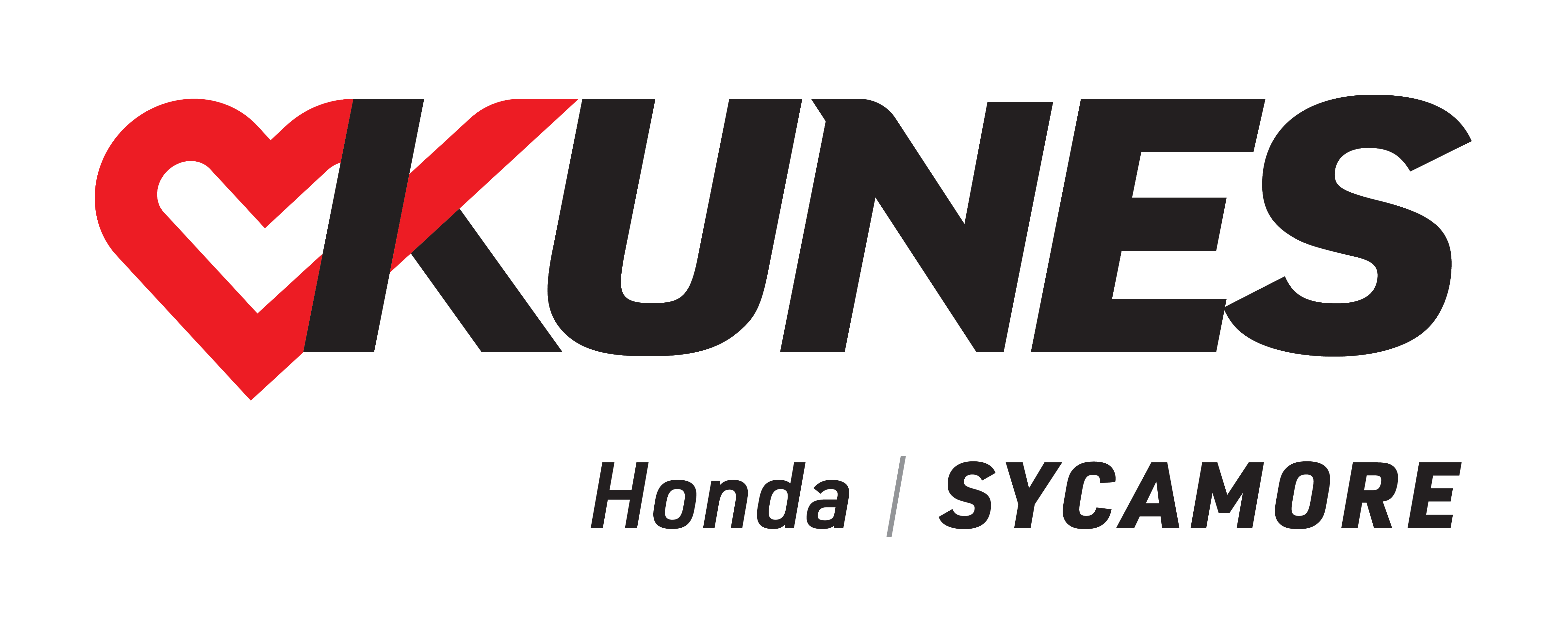Leasing vs Buying a Car in 2025: What’s Best for You?
Choosing between leasing vs. buying a car in 2025 can be a tough decision, especially when considering whether to lease a car or buy one. With evolving car financing vs. leasing options, including the traditional auto loan, new industry trends, and fluctuating interest rates, it’s important to weigh the long-term costs of leasing vs. buying. This guide breaks down the key factors to help you decide whether leasing or buying fits your lifestyle and budget.
Understanding Your Options
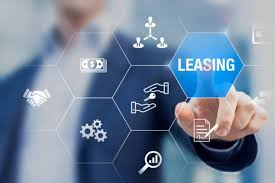
What Is Leasing?
Leasing a car is a popular alternative to buying a vehicle. It allows you to drive a new car for a set period, usually 2-3 years, while making monthly payments. At the end of the lease, you can return the car to the leasing company or purchase it at a predetermined price. Leasing is often associated with lower monthly payments compared to buying a car, but it’s essential to consider the overall cost and terms of the lease. It's important to understand the lease terms, which can vary based on factors like credit status and the specific model being leased.
What Is Car Buying and Financing?
Car buying and financing involve purchasing a vehicle using a loan or other financing options. When you buy a car, you pay the full purchase price, either in cash or through a loan, and own the vehicle outright.
Should I Lease or Buy a Car in 2025?
To answer this question, let’s explore the car leasing pros and cons in 2025 and compare it to buying.
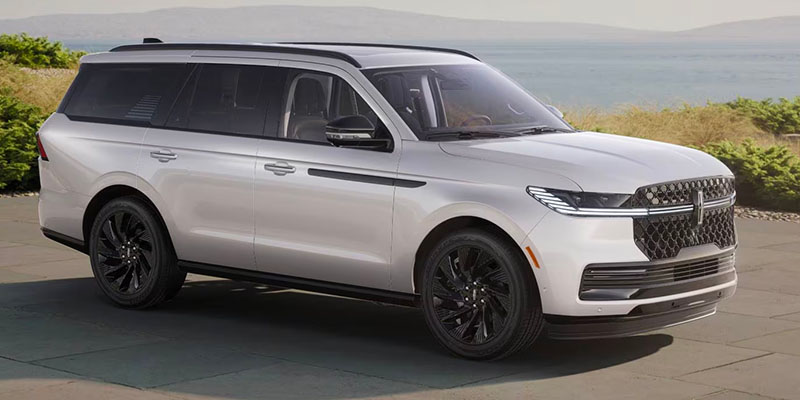
Benefits of Leasing a Car in 2025
- Lower Monthly Payments – Leasing typically has lower monthly payments compared to buying.
- Latest Technology – With a lease, you can drive a new car every few years with the latest safety and tech features.
- Lower Upfront Costs – Little to no down payment required.
- Warranty Coverage – Most leases include warranty protection, reducing repair costs.
- Tax Benefits – Business owners may qualify for tax benefits of leasing a car in 2025.
- Attractive Lease Payments – Lease payments are often lower compared to auto loan payments, making leasing an attractive option for consumers.
Drawbacks of Leasing a Car
- Mileage Limits – Exceeding the mileage limit can result in costly fees.
- No Ownership – At the end of the lease, you don’t own the car unless you buy it.
- Long-Term Cost – Leasing continuously may cost more than buying over time.
- End of Lease Fees – Certain end-of-lease fees are fixed and non-negotiable, adding to the overall cost of leasing a vehicle. It is important to be aware of these fees when considering a lease.
- Breaking a Lease Early – Breaking a lease early can result in significant financial penalties, such as termination fees that may amount to the total remaining balance of the lease. This contrasts with purchasing a car, where owners have the flexibility to sell or trade in their vehicle without incurring such fees.
Benefits of Buying a Car in 2025
- Ownership – Once you finish paying off the car loan, the vehicle is yours.
- No Mileage Restrictions – Unlike a lease, there are no mileage limits.
- Customization – Owners can modify their vehicles as they wish.
- Lower Long-Term Costs – Though monthly payments may be higher, ownership can be more cost-effective over time.
- Car Depreciation Considerations – Some cars retain value better than others, making them a smart purchase.
- Building Equity – Making a car purchase allows you to build equity, which can be beneficial in the long run.
- Consistent Monthly Payments – Car loans offer consistent monthly payments and ownership after the loan is paid off, providing a clear path to vehicle ownership.
Key Considerations for Car Buying and Leasing
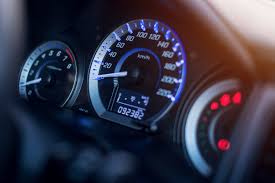
How Far Do You Drive Your Car?
When deciding between leasing and buying a car, it’s essential to consider how far you drive your car. Leasing agreements often come with mileage limits, typically ranging from 10,000 to 15,000 miles per year. Exceeding these mileage limits can result in penalties, which can range from 12 to 30 cents per mile. If you frequently drive long distances for work or pleasure, buying a car might be a better option for you. On the other hand, if you have a short commute or drive relatively few miles, car leasing could be a more cost-effective choice. By understanding your driving habits, you can make a more informed decision that aligns with your lifestyle and budget.
How Much Do You Have for a Down Payment?
The amount you have for a down payment can significantly impact your decision between leasing and buying a car. When leasing a car, you’re not usually required to put any money down upfront. However, making a down payment on a leased car can lower your monthly payments, making it easier to manage your budget. Conversely, making a down payment on a financed car will not only lower your monthly payment but also reduce the amount of interest you pay over the life of the loan. If you have a significant amount saved for a down payment, buying a car might be a more advantageous option for you. Assessing your financial situation and how much you can afford to put down will help you determine the best path forward.
Monthly Payments: Lease vs. Buy
- Leasing: Lower monthly payments, but no equity in the car.
- Buying: Higher monthly payments but builds ownership and equity.
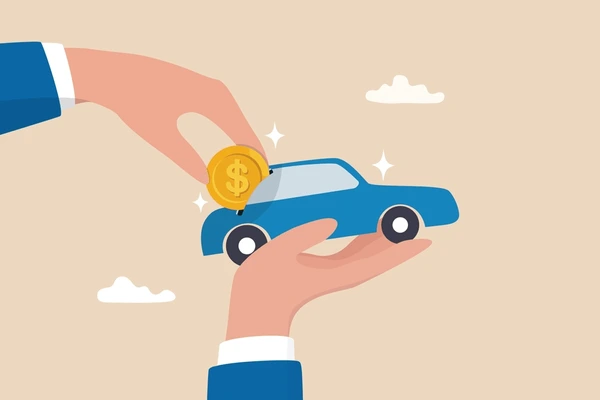
Financing and Leasing Costs
Understanding the costs associated with financing and leasing a car is crucial to making an informed decision. Here are some key factors to consider:
Computing the Cost of a Lease
To calculate the total cost of a lease, multiply the monthly payment by one less than the number of months in the lease term. The first payment is generally included in the amount due at signing, so subtract one from the number of months in the lease term. The formula is: Total Cost = (Monthly Payment x (Lease Term - 1)) + Amount Due at Signing. For example, if an automaker offers a compact SUV with payments of $249 per month for 36 months with $2,499 due at signing, the total cost would be $11,214. This calculation helps you understand the overall financial commitment involved in a lease agreement.
Computing the Cost of a Purchase
If you’re paying cash or getting a zero-percent financing deal, the total cost of the car is the negotiated price. Using a car loan calculator can help determine the monthly payment based on the interest rate, loan term, and vehicle price. To calculate the total loan cost, multiply the monthly payment by the length of the loan (in months) and add the down payment and trade-in value. For example, a $30,000 midsize car with a $3,000 down payment and $5,000 trade-in value, financed over 5 years at 5% interest, would have a monthly payment of $415. The total cost of the car would be $32,900, including $2,910 in interest. This comprehensive calculation provides a clear picture of the financial implications of buying a car.
By carefully considering these factors, you can make a well-informed decision that aligns with your financial goals and driving needs.

Best Financial Option: Leasing or Buying?
- If you like driving the newest models and lower payments, leasing may be better.
- If you want to own your car and drive it long-term, buying is likely the smarter choice.
- Auto loans contribute to building equity in a vehicle, unlike leasing. Your credit score will impact the monthly payments for both auto loans and leases, but with an auto loan, you eventually own the car.
New Car Leasing Trends in 2025
- Best car lease deals in 2025 are focusing on hybrids and EVs.
- Is it better to lease or buy a hybrid/electric car? Leasing might be ideal since EV technology evolves rapidly.
- Best cars to lease in 2025 include models with high resale value and low depreciation.
- Financial implications of leasing vs. buying a newer car: Leasing a newer car can offer lower monthly payments and the flexibility to drive the latest models. However, it is important to consider the potential long-term costs associated with perpetual leasing and the lack of equity in the vehicle. Purchasing new cars often involves higher costs compared to leasing, but it allows you to own the latest models with the newest technology and features.
Final Thoughts
Your decision depends on your driving habits, budget, and financial goals. Whether considering a lease vs. loan for a new car or weighing the benefits of buying a car with low interest rates in 2025, be sure to assess all factors, including understanding the terms and conditions of the lease agreement, to make the best choice for your lifestyle!

